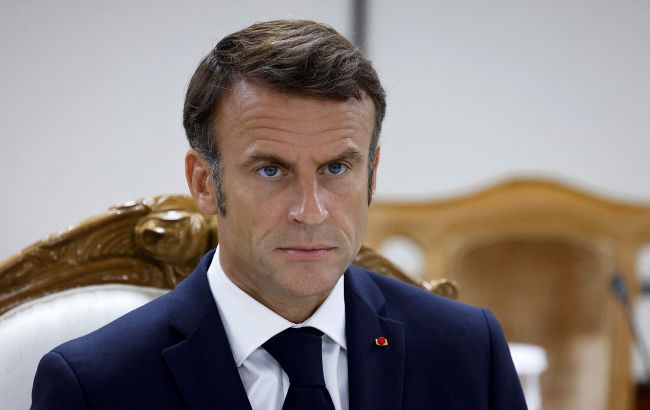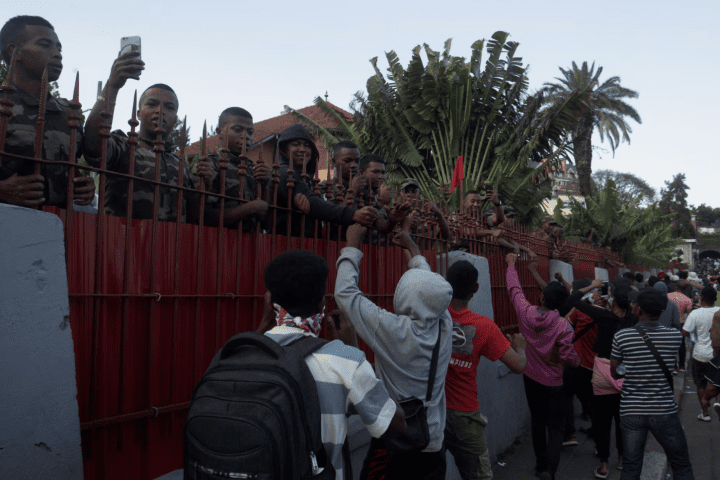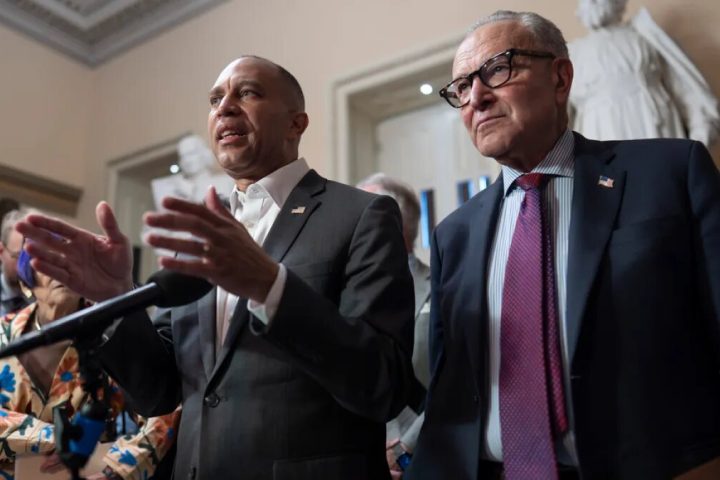AstraZeneca has reached a deal with Trump to lower drug prices, avoiding 100% of tariffs and securing a key position in the US pharmaceutical market.
AstraZeneca signs deal with Trump to avoid tariffs and gain a foothold in the US
On Friday, US President Donald Trump unveiled a deal at the White House that is set to lower drug prices for millions of Americans.
Standing next to him was AstraZeneca CEO Pascal Sorio, who had secured a historic result — the first deal between the US and a foreign manufacturer that allows the company to avoid 100% tariffs on imported drugs.
“You made me and my team work sleepless nights, but it was worth it,” Sorio joked, addressing Trump in the Oval Office.
Diplomacy and Business: How AstraZeneca Won the Deal
Negotiations have been ongoing since Trump won the election last November. Sorio has systematically built ties with the administration, from meetings with Commerce Secretary Howard Latnick to personal contact with Virginia Governor Glenn Yankin, a key Trump ally.
It was Yankin who helped negotiate AstraZeneca’s new $4.5 billion plant in Virginia, which went from concept to deal in less than a month.
“The Virginia project was a signal that the parties were speaking the same language,” says a source close to the negotiations.
“A very American company”
Sorio has managed to turn AstraZeneca into a “very American company,” as he puts it, publicly supporting Trump’s policy of lowering drug prices.
His strategy included $50 billion in investment in the United States, expansion of production and the announcement of a plan for a dual listing on the London and New York stock exchanges.
Analysts at Shore Capital note that this position allowed the company to gain a “seat at the table” in Washington, where health policy is formed.
Compromises without losses
Although AstraZeneca agreed to lower prices for some drugs for Medicaid and increase local production, experts believe that the company has maintained key financial indicators.
The company forecasts $80 billion in revenue by 2030, half of which will fall on sales in the United States.
“This deal is the latest element in AstraZeneca’s grand American strategy,” said one of the people interviewed by Reuters.
Context: The global race for the US pharmaceutical market
Following a similar deal with Pfizer a week earlier, experts expect other pharmaceutical giants to also compromise with the Trump administration to avoid tariffs and strengthen their position in the world’s largest pharmaceutical market.
AstraZeneca became the first non-US company to balance political risks and business interests while maintaining access to the US market without losing profitability.
“For Trump, this is a political victory, for Sorio, a strategic breakthrough,” concluded analyst Sean Conroy of Shore Capital.
Related: Trump to impose 100% tariffs on drugs, 50% on furniture starting in October











